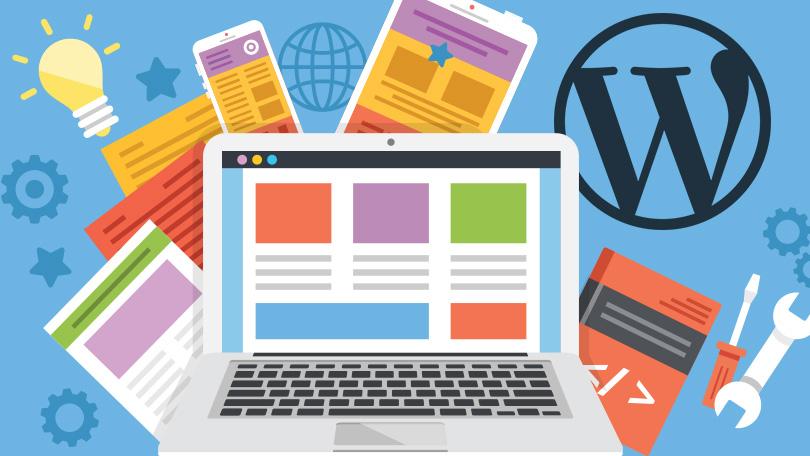 One of the most popular places on the web for blogs is WordPress. It has many rich features that can help almost anyone build the site or blog they want. Read more to learn all about this useful tool.
One of the most popular places on the web for blogs is WordPress. It has many rich features that can help almost anyone build the site or blog they want. Read more to learn all about this useful tool.
Clean up long post titles as you construct the permalink. For instance, if you have a long phrase in a URL, that can seem very long. Instead, you could change the permalink to “tips-parents-unruly-kids” or something similar based on your SEO keywords.
Video blogging is easy with WordPress. The time spent in preparation is time well spent. Many internet users enjoy visuals. Videos offer perspectives that written content cannot, so they are quite helpful.
Make sure you learn everything you can prior to installing WordPress. The greater the amount of advance planning done, the more comfortable you will be. You need to know how to produce great content and about SEO or search engine optimization prior to your blog launch.
Create a posting schedule. If you schedule when things must be posted, you’re more likely to actually post them. In fact, you can sit down one day and create posts for the rest of the week, then you can use the schedule feature to have WP upload the posts for you.
Blog post URLs should not have special characters in them. They give search engines difficulty when they are spidering your site, so try to eliminate them altogether. You also need to abbreviate URLs so they do not overwhelm readers.
There may be times when you devote hours to your WordPress blog only to believe that you neglected to save your changes. That is usually not the case. Clear the browser cache to see if it helps. Your changes will appear by simply pressing and holding the “shift” key and refreshing the browser simultaneously.
Do you posts garner lots of comments? If they do, it is hard to go through all of the comments. Include a plugin which will add numbers to the pages in this section. Not only will your blog look more organized, but it will also make navigation a lot easier.
Search engine ranks can be boosted with just a little more time spent while adding photos. You should incorporate title tags to your photos. If someone decides to pin your image to Pinterest, your title is what will display on the screen.
Allow your users to access your articles easily by email. This is important for sharing purposes as well, as many users may not be able to access Facebook or Twitter at work but may want to share your articles with friends. A WordPress email plugin can make this easy.
Do not use “admin” as a possibility for a user name. Your blog is more vulnerable to attack by bots if you choose this as your username. This is a huge security risk. Delete all users who call themselves “administrator” or “admin”. Choose a new username.
Make sure your plugins are updated. Plugins are a smart solution for making your site unique and highly functional. Just like any other software, however, they need to be updated. Not keeping up with the latest versions can mean that versions you have now will suddenly stop working or cause other problems.
Be sure to always use the most updated version of WordPress on your site. There are security patches included in updates that will eliminate any vulnerabilities. Utilizing older versions leaves you vulnerable to malware. Install all the updates to keep your site secure.
WordPress is incredibly user-friendly. Once you have a handle on WordPress, you can make professional appearing websites with little work. If you feel inclined, learn the advanced skills for an even better website. WordPress changes every day, so monitor developments to learn how they might help your site.”








